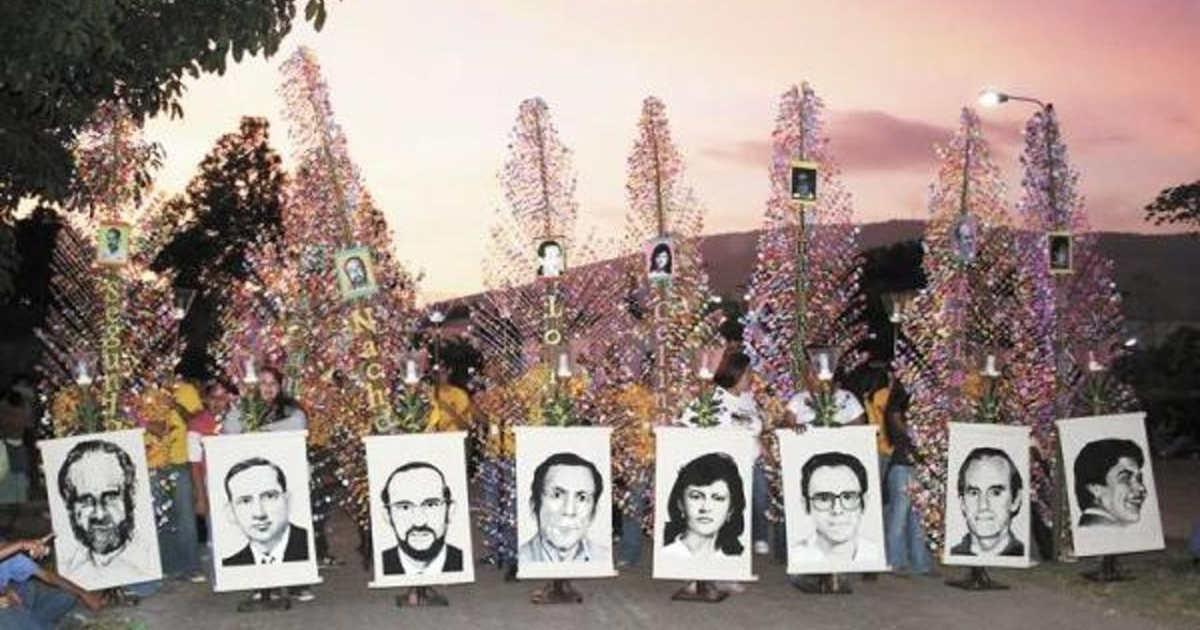Jesuit Martyrs: the six faithful killed in 1989

On November 16th, 1989, in a San Salvador scarred by ten years of civil war, six Jesuit priests were murdered along with two innocent women – Elba Julia Ramos and her daughter Celina – inside the campus of the Central American University “José Simeón Cañas” (UCA). The order came from the Salvadoran High Command with a single goal: to silence those who, through words and action, were calling for a ceasefire and national reconciliation.
Ignacio Ellacuría, rector of the UCA and philosopher of liberation, had placed the university at the service of truth, convinced that knowledge should become a tool for social transformation. At his side were Ignacio Martín-Baró, social psychologist; Segundo Montes, sociologist and defender of human rights; Amando López and Juan Ramón Moreno, theologians and educators; Joaquín López y López, dedicated to the education of the poor. Different in their fields and personalities, they shared the same mission: to bring together academic research and justice, faith and human promotion.
Their killing was not only an act of violence against individuals, but a blow dealt to the very possibility of dialogue for peace. Yet, paradoxically, their blood became a seed of reconciliation, as the international outrage that followed the massacre helped rekindle the negotiations that, three years later, would lead to the 1992 Chapultepec Peace Accords.
Today, in the Rose Garden of the UCA, red and white flowers grow where the martyrs fell. Their graves speak with simplicity of a truth that is hard to forget: peace has a cost, and it is often paid by those who choose to stand with the poor and the excluded.
The Society of Jesus remembers them not only as victims, but as witnesses, men who, guided by Ignatian spirituality, lived to the fullest the call to “seek and find God in all things,” even in the complexity of a wounded nation. Their legacy continues in classrooms, communities, and Jesuit works around the world, as an invitation to unite knowledge and service, intellect and compassion, truth and justice.
Share
